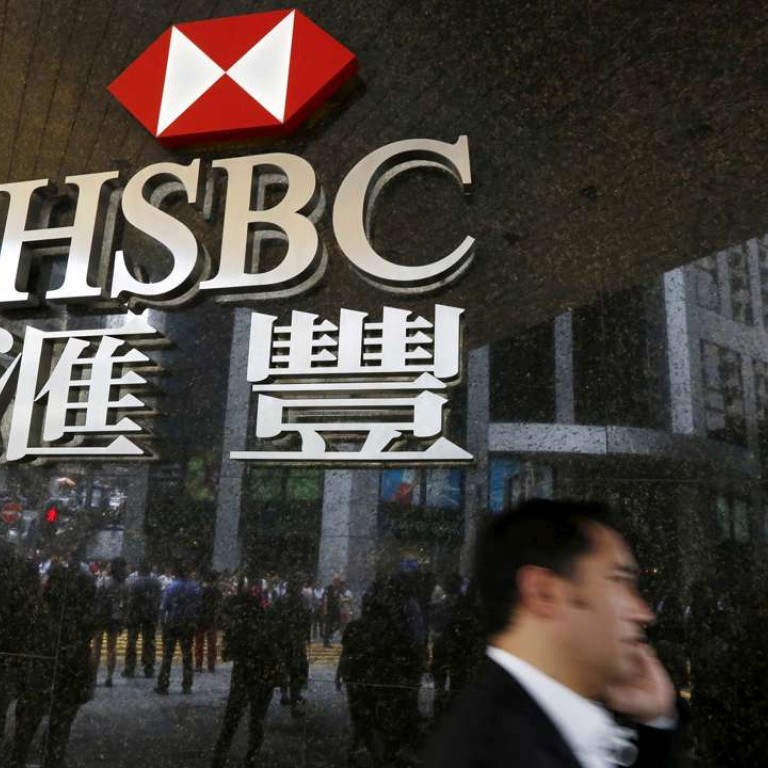
No signs of relief from Hong Kong Monetary Authority amid growing calls to lift mortgage restrictions
Stress test requirements should be adjusted, and the loan-to-value ratio for self-use residential properties should be raised, brokers argue
Once a breeze to obtain, a mortgage now is somewhat more tricky to get, thanks largely to the Hong Kong Monetary Authority’s (HKMA) interventions. Now there are growing calls to lift mortgage restrictions to fire-up the once red-hot property sector in Hong Kong.
Sharmaine Lau Yuen-yuen, chief economic analyst at mReferral Mortgage Brokerage Services, says it is time for the regulatory authority to review regulations governing mortgage lending as genuine buyers who are end-users are left out in the cold.
According to Lau, the local property market is now in an “unhealthy state” and “some policy fine-tuning” is needed.
“The first change should be made to the stress test against the debt servicing ability of mortgage applicants,” she says. Debt servicing is defined as the monthly repayment obligations of the borrower as a percentage of monthly income, which is at present set at not more than 60 per cent of a borrower’s income.
“At present, mortgage borrowers must undergo a stress test”, meaning that they must show whether they would be able to continue monthly repayments if interest rates were to shoot up by 3 per cent. “The [percentage] should be lowered to 2 per cent, especially as the pace of interest rate rises in the United States appears to be slower than anticipated.”
According to one property expert, local banks are “eager to extend mortgage loans”.
“They are working hard to offer various mortgage schemes to suit buyers’ needs under the HKMA’s measures,” says Ivy Wong Mei-fung, managing director of Centaline Mortgage Broker. She argues that the loan-to-value ratio for self-use residential properties should be raised back to 70 per cent to help buyers. She also agrees that the mortgage stress test requirement should be readjusted to cope with the prevailing market conditions.
Adding to the mortgage hurdles, the government imposed seven rounds of antispeculation cooling measures between 2010 and 2015 to rein in the runaway property prices and strengthen banks’ risk management.
There was a time, just a few years ago, when one could get a bank loan of up to 95 per cent of the property’s value – in some cases 100 per cent. It was the best of times for homebuyers, but it also proved to be the worst of times as the loose lending practices of banks opened the doors to speculators – driving prices up to phenomenal levels.
The first change should be made to the stress test against the debt servicing ability of mortgage applicants
Now, things look bleak for those who want to own a home for the first time as prospective buyers – depending on the value of home – must come up with 40 per cent of the value of the property and show to the lender their ability to make monthly mortgage repayments even if interest rates shoot up.
Hong Kong’s banks, which often follow the directives of the HKMA, are exercising extreme caution in processing mortgage applications, even though they are keen to offer such loans because of excess liquidity in the banking sector.
While some cash-rich buyers are taking advantage of the price slump in Hong Kong’s real estate sector, many who have saved enough for the deposit are still unable to get in on the action because of the highly restrictive prevailing lending regulations.
While it’s true that Hong Kong’s developers are offering sweeteners to entice buyers by offering second mortgages and rebates, these incentives are still not viable enough to get on the property ladder for most Hongkongers.
Given the modest property price correction over the past few months, and cool market sentiment, some analysts have urged the HKMA, which is Hong Kong’s de facto central bank, to make minor adjustments to mortgage conditions. Yet, there are no signs of any relief from the authority, evidently highlighted by recent remarks made by Norman Chan Tak-lam, the HKMA’s chief executive.
Chan argued that the HKMA needed “more time” to study the market and “confirm” whether Hong Kong is headed towards a major price correction.
He added that the “HKMA will continue to monitor the market closely” and possibly come up with “appropriate measures” to deal with further downward pressure and “to safeguard [the Hong Kong] banking [system]”.
With the decline in property transaction volumes, mortgage demand has dropped accordingly. In the first five months of this year, it was estimated that the number of mortgage applications fell by more than 30 per cent compared with a year earlier.
Some banks have chosen to offer competitive HIBOR mortgage plans to attract buyers.
The mortgage rate is pitched as low as 1.6 per cent above HIBOR, representing an effective mortgage rate of 1.83 per cent – even lower than that of standard mortgage plans based on the prime lending rate.
The popularity of HIBOR-based mortgage schemes has gained pace. According to HKMA figures, the ratio of new mortgage loans priced with reference to HIBOR increased from 76.1 per cent in March to 84.2 per cent in April.
The number of new mortgage loans priced with reference to best lending rates decreased from 12.6 per cent in March to 7.5 per cent in April.
